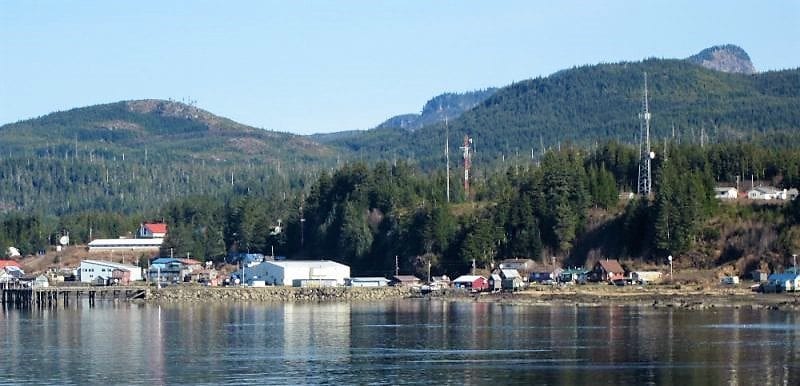
A judge ruled the feds were within their rights to allow a Southeast Alaska tribe to organize a hunt out-of-season because of the COVID-19 pandemic. The Dunleavy administration has sued to block future hunts arguing that Kake’s special moose and deer harvest this summer was federal overreach.
During the early days of the COVID-19 pandemic a federally recognized tribe on Kupreanof Island was alarmed by the low supply and high price of fresh meat.
The Organized Village of Kake petitioned the Federal Subsistence Board for a hunting party to harvest five deer and two moose out of season and distribute the meat within the community. It was green-lit in June. The State of Alaska filed suit alleging the feds had illegally pre-empted the state’s rights to manage wildlife.
Assistant Attorney General Cheryl Brooking says there are only narrow reasons for federal jurisdiction to trump state management,
“When Alaska became a state, one of the main drivers of statehood was to get control over fish and game management because the feds were making a mess of it,” Brooking told CoastAlaska on Friday. “But since statehood, the state has been the manager of fish and game.”
There are notable exceptions such as when a species is listed under the Endangered Species Act and Marine Mammal Protection Act. But she argued in court filings that the food security issue was never proven and the federal government exceeded its authority in allowing the hunt.
“So that’s what the state’s primary concern is,” she added.
District Court Judge Sharon L. Gleason denied a preliminary injunction that would have prevented special hunts in the future.
In a 46-page order issued on Wednesday, she wrote that federal officials had taken both conservation and public safety concerns into account when it reached its decision. She also noted that when federal officials reached out to state wildlife managers, they didn’t respond.
Judge Gleason says state attorneys had warned that absent the court’s intervention more special COVID-19 hunts could be authorized by federal authorities behind closed doors and without transparency.
“Yet the court is only aware of a single emergency hunt authorized by the (Federal Subsistence Board)—the Kake hunt—and that was authorized at a public meeting,” Gleason wrote.
It’s not the end of the case. The lawsuit will continue to move forward with both sides filing arguments before a final ruling. But the upshot is that federal officials aren’t blocked from authorizing out of season hunts in special circumstances.
Tribal leaders in Kake don’t see that likely in the near future.
“We just got done with our moose season and our deer season — so I think we’re good for now,” Kake’s Tribal President Joel Jackson said in an interview.
He notes that the village’s groceries are mainly shipped on the occasional state ferry or barge.
“Anything happens to those cranes down there, where they load all the stuff coming to Alaska — we’d be in a world of hurt,” he said.
He says Alaska Natives never voluntarily ceded their hunting and fishing rights on their traditional homeland. And he sees it an issue of tribal sovereignty.
“Of course, if we’re in a real bad situation, I wouldn’t hesitate to get a hunting party together, go out and get what we need,” he added. “But I want to stay within the law.”
It’s the state’s second legal setback in the case. The judge earlier blocked the state’s motion to open a federal subsistence hunt for big game hunting near the Glenn Highway to all state licensed hunters.
Anchorage-based staff attorney Erin Dougherty Lynch welcomed the court’s ruling.
“The Federal Subsistence Board was well within its authority to approve the Organized Village of Kake’s emergency hunt, and we are pleased the court recognized that the state’s claims otherwise are unlikely to succeed,” she wrote on Friday. “Alaska Native communities are experiencing myriad hardships caused by the COVID-19 pandemic, and we encourage the State of Alaska to treat Tribes as partners, not adversaries.”
It’s unclear if any future special hunts are being considered. Federal wildlife officials declined to comment, citing the state’s litigation.
The case State of Alaska, Department of Fish and Game v. Federal Subsistence Board continues.









